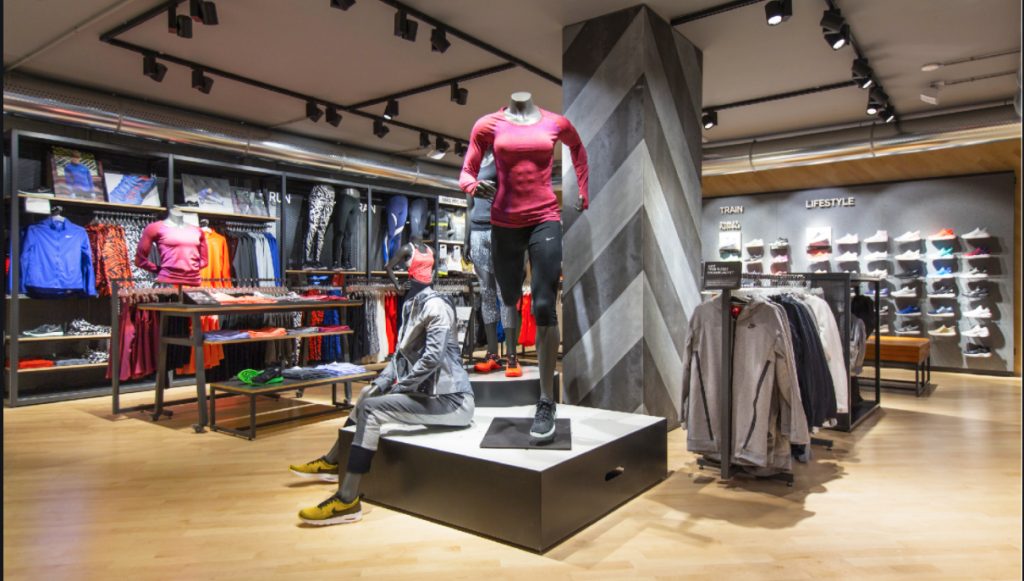A survey from The Federation of the European Sporting Goods Industry (FESI) of its members found 45 percent of the companies declaring a loss of turnover ranging between 50 percent and 90 percent since the beginning of the COVID-19 crisis.
A new broader survey exercise examining the effectiveness of economic and policy responses for the sector will be conducted shortly.
The survey published was conducted among FESI members — companies and national federations (including members of our national federations) — in order to gather their views and experience of the impact of COVID-19 on their businesses.
The survey collected responses from a critical mass of the sporting goods industry. Manufacturers and retailers over a geographical area covering the main outbreaks of the epidemic in Europe participated in this exercise. The respondents are composed of 40 percent of large enterprises (more than 250 employees), 30 percent of SMEs (between 10 and 249 employees) and 20 percent of micro-enterprises (less than 10 employees).
Not surprisingly the results show most clearly that the entire sporting goods industry is severely impacted with a dramatic impact on turnover ranging between 50 percent and 90 percent for almost half of the companies.
“The closure of brick and mortar stores all over Europe and internationally, as well as changes in consumers’ behavior lead to a serious drop in sales. Most of our companies are currently struggling to cope with fixed costs (rent, employment costs…), which create significant liquidity shortages”, declared Neil Narriman, FESI president in a statement.
While national governments and the European Union have put in place economic rescue plans to financially support those affected by the crisis, for some companies the support of the financial sector is not yet fully sufficient.
The results of FESI’s survey also indicates that the current impact of the outbreak on production depends on a wide variety of factors such as governments’ social distancing measures, the evolution of the virus in each country, orders’ cancellations from other clients, and the overall clear lack of short- and long-term visibility for the companies.
“In the short term, the sporting goods industry needs strong measures from national governments to address the current liquidity gaps and strengthen their cash flows,” commented Jérôme Pero, secretary general of FESI. “But it is crucial to also start preparing gradual longer-term strategies now, in order to re-launch the economy sustainably in a safe and coordinated manner once the crisis is over”, he added.
Regarding e-commerce, the survey demonstrates once again that digitalization is a key driver for the sporting goods industry and that companies with efficient omnichannel retail strategies are better equipped to cope with the crisis. However, the compensation provided by having an e-commerce website remains relatively low compared to the total losses: between 0 percent and 20 percent for 85 percent of the respondents.
Since the beginning of the crisis, the sporting goods industry has mobilized and adopted a series of solidarity initiatives to help communities across Europe and the world cope with the crisis. Thirty-five percent of the respondents to FESI’s survey indicate that their company is producing personal protective equipment (PPE) such as medical masks. 25 percent have implemented initiatives to encourage physical activity and social distancing, either within their company or through free public access programs/applications.
FESI has shared this report with the European Commission and now stands at its full disposal to discuss these results and to reflect together on concrete and useful proposals for the economy and the survival of the sporting goods industry. This survey exercise will be regularly repeated and extended to all members of FESI’s national associations in nearly 12 countries, in order to provide stakeholders with the most up-to-date data. In the next edition of its survey, FESI will also ask its members to provide information on the effectiveness of some of the support measures at EU and national/local level, in order to collectively identify the successful measures that should be focused on and perhaps be integrated in a best practice playbook at EU level.
The full report of our survey can be found here.
Photo Nike/Milan














